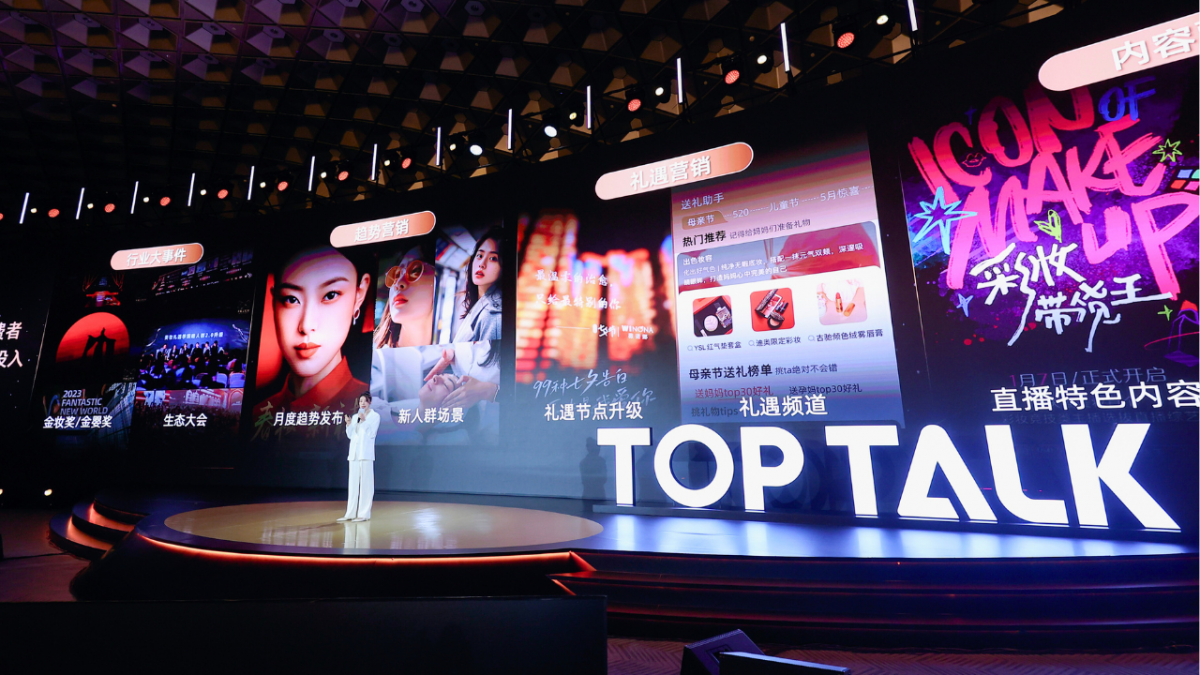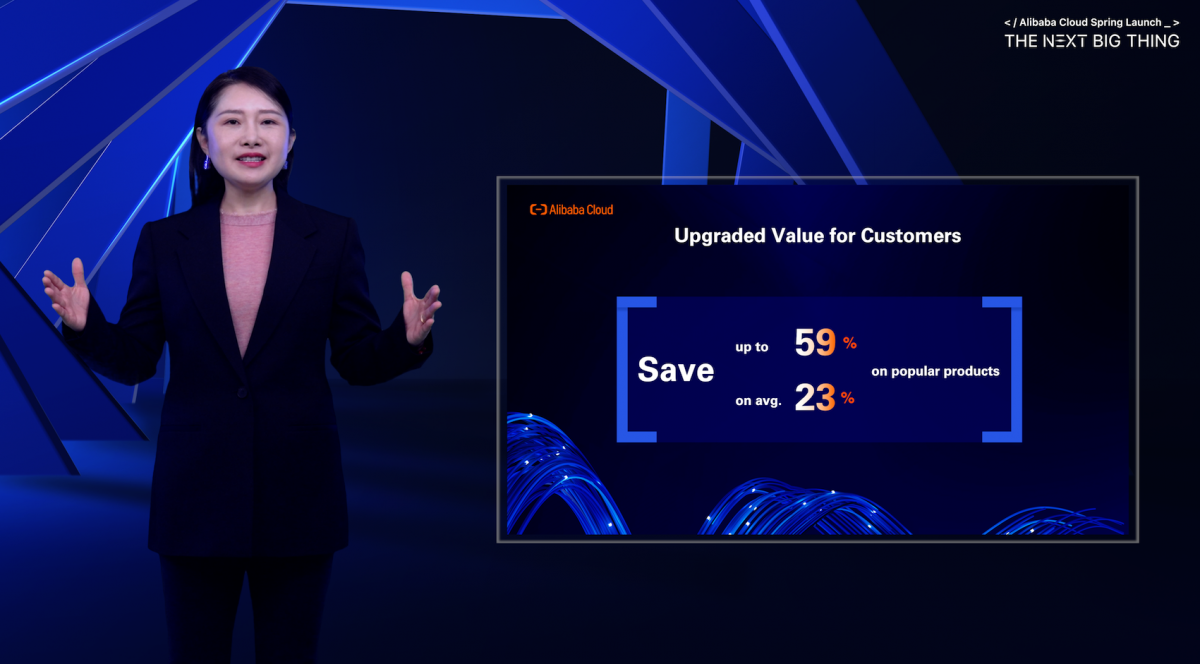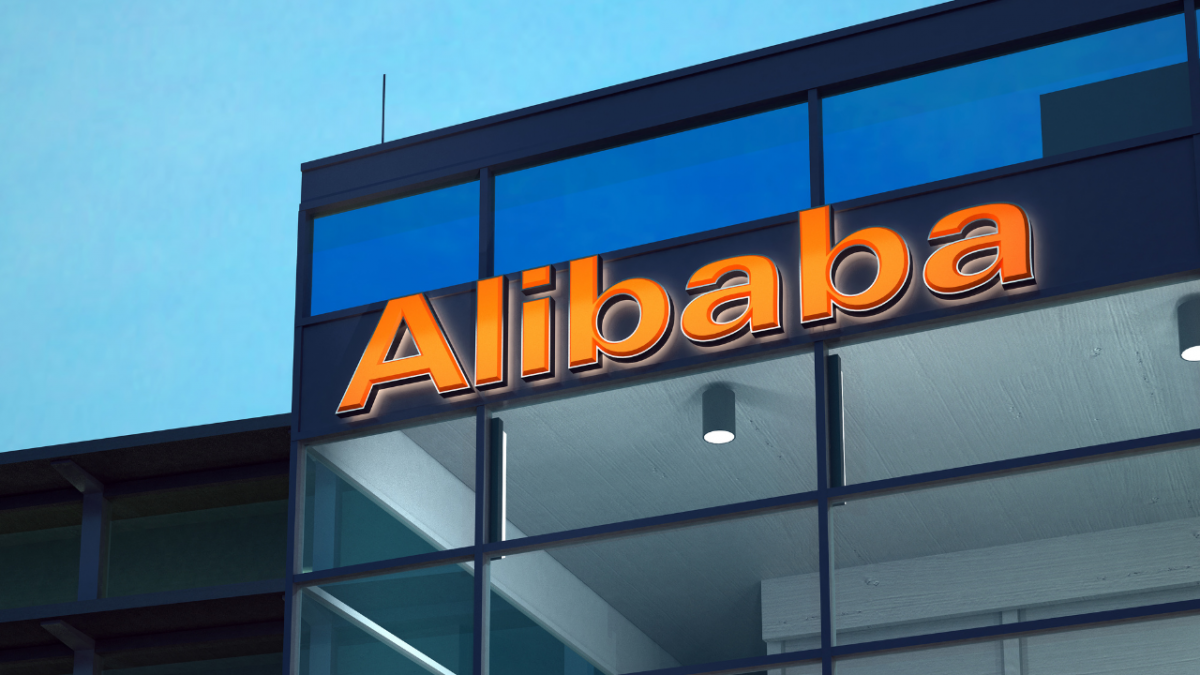
Alibaba Group this week said it is hiring 300 people to form an “anti-counterfeit special operations battalion,” another escalation in Alibabas war on counterfeits and the e-commerce company’s long-running battleto eradicatecounterfeit merchandiseon its giant Taobao Marketplace shopping website.
In a Chinese-language press release, Alibaba, which runs China’s largest shopping websites Taobao and Tmall.com as well as domestic and international wholesale sites, said the fresh manpower willboost itsalready substantial anti-counterfeit staff.
Alibaba Group has some 2,000 employees dedicated to consumer and intellectual property (IP) protection, activities that include developing big-data analytics technology to help sniff out online product listings for counterfeit goods; cooperating with brand owners to remove IP-infringing merchandise from its websites; working with Chineseagencies and police to arrest counterfeiters; and educating merchants on China IP law and Alibaba’s zero-tolerance policy on fake merchandise.
Alibaba has also recruited more than 5,400 volunteers to help monitor Taobaoto find and eliminatefake-product listings,the company said.
CLICK HERETO READ A FACT SHEET ON ALIBABA’S ANTI-COUNTERFEIT PROGRAMS.
This heavy commitment is due in part to the pervasiveness ofpirated goods in China, which Alibaba Group Executive Chairman Jack Ma said in the press release was a socialscourge that “has penetrated into every corner of the commercial world and the online world is just a reflection of the offline reality.”
The challenge is compounded by the sheer size of Alibaba’s websites. Taobao and Tmall are online marketplaces, meaning that instead of selling products directly, Alibaba hostsindependentmerchants who list products for sale on their virtual storefronts at their own discretion. There are more than 8.5 million active sellers on Alibaba’s China retail marketplaces.
Trying to routinely determine which listed products among millions are real and which are fake, even with the help of technology, is a monumental and never-ending task. Alibaba Group in 2013 and 2014 spent a total of more than RMB 1 billion ($160.7 million) to battleIP infringementand enhance consumer protection.
Taobao, which hosts mainly small merchants, earns revenue from advertising, not by taking a cut of online sales. “Taobao is in fact a victim of counterfeit goods and not a beneficiary,” Ma said. “We will use all our resources and work with the whole society to fight against the counterfeiting issue.”
FOR MORE INFORMATION ON ALIBABA GROUP’S ANTI-PIRACY INITIATIVES, SCROLL DOWN.
Here’s what Alibaba Group Executive Vice Chairman Joe Tsai said aboutthesubjectduring the company’s quarterly earnings conference call on Jan. 29:
“The issues of counterfeiting and IP protections are a part of the problems in a growing economy today, whether it is online or offline. We have a zero-tolerance policy towards counterfeits on our platform because the health and integrity of our marketplaces depend on consumer trust.
“To protect consumers, brand owners and legitimate sellers and to maintain the integrity of our marketplaces, we have a broad range of measures to prevent counterfeit and pirated goods from being offered and sold on our marketplaces. For example:
• We use data technology to analyze and track infringing products and identify hotspots for counterfeit distribution and sales;
• We work closely with Chinese public security, copyright, quality inspection, the intellectual property agencies to take the online fight against counterfeits to offline perpetrators;
 • We conduct periodic checks by using third parties to identify suspected counterfeit products on our marketplaces; and
 • We have established cooperative relationships with over 1,000 major brand owners and several industry associations in connection with intellectual property rightsprotection to enhance the effectiveness of our take-down procedures.
“When we receive complaints or allegations regarding infringement or counterfeit goods, we follow well-developed procedures to take swift action.
“If allegations of posting or selling counterfeit products are substantiated, we penalize the parties involved through a number of means including:
 • forcing the seller to reimburse the buyer;
 • assessing penalties against the seller or limiting their ability to add listings;
ÔÇ∑ ‚Ä¢ adopting a “name and shame” policy; and
 • closing down storefronts and permanently banning the seller from establishing another storefront, and in the case of Tmall.com sellers, confiscating the consumer protection security deposits paid.
“These policies and procedures are tough and we work very hard to enforce them.
“In addition, we are devoting more resources to the fight against fakes. For the past two years, Alibaba invested over RMB 1 billion in the fight against counterfeiting and to enhance consumer protections. In addition, we have a special task force of thousands of employees who are focused on the urgent fight against counterfeiting, and we have just announced we are adding 300 more people.
“Our efforts of taking the online fight to offline perpetrators are yielding results. Last year, Alibaba cooperated with Chinese law enforcement agencies in over 1,000 counterfeiting cases. As a result of this collaboration, 400 suspects from 18 counterfeiting rings were arrested while 200 brick and mortar stores, factories or warehouses involved in production and selling of counterfeits were closed.
“When you step back and look at our overall efforts to combat illicit activities, our track record is clear. We are certainly not perfect, and we have a lot of hard work ahead of us. In the global e-commerce marketplace there will always be people who seek to conduct illicit activities, and like all global companies in our industry, we must continue to do everything we can to stop these activities.
“We take these issues seriously because we are an organization built on the value of integrity. We also take these issues seriously because we are also victims of counterfeiting. Our entire success as a company is built on the idea that customers can come to our platforms and have trust in the quality of the products they purchase. And customers clearly continue to give us their votes of confidence, especially when you consider the 334 million annual active buyers and 45% year-on-year growth in active buyers we reported today.”
MORESTORIES AND IPR RESOURCES
Why Alibaba.com and AliExpress Are Tightening Anti-counterfeit Policies
U.S. Removes Taobao From “Notorious” List of Pirate Markets
Taobao Marketplace to Name and Shame Shady Online Merchants
Alibaba and Beijing Take Aim at Piracy
Taobao Marketplace Teams up with Louis Vuitton to Combat Counterfeits
A U.S. Company Fights Back Against Chinese Fakes
Law Blog: Register Your Trademark in China Because Alibaba Is Serious About IP
Alibaba Group IPR Resources Page




